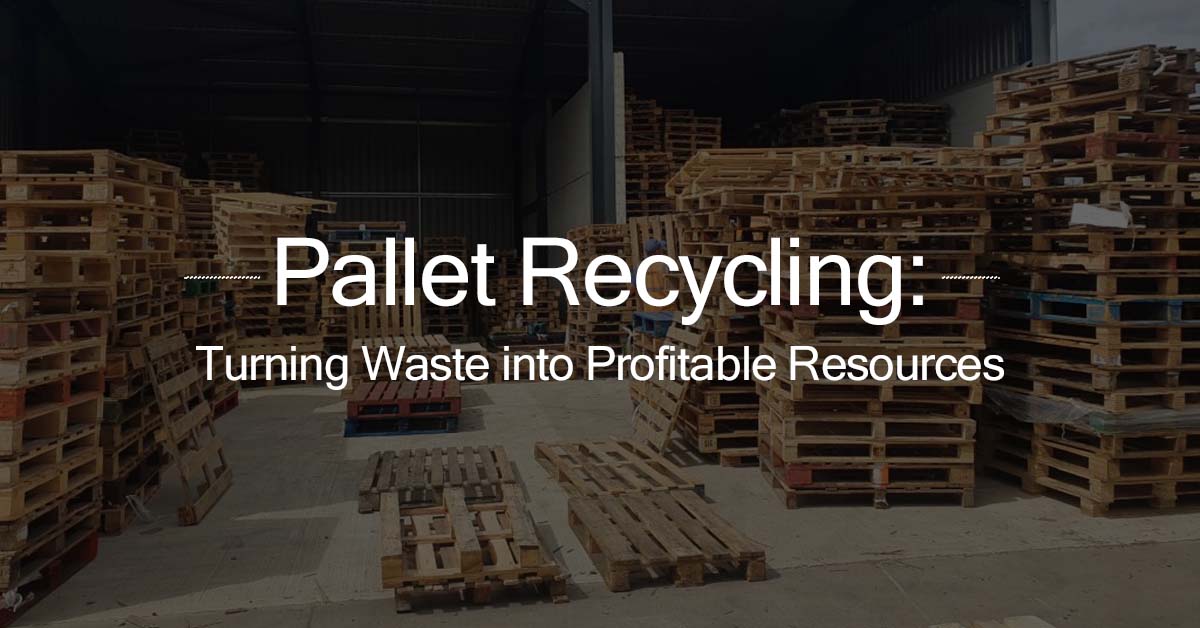Warehousing that is efficient is reliant not only on the area but also on the products utilized to store and carry the goods. The selection of the correct pallet is a very important step that determines factors like safety, cleanliness and the cost of the operations. Plastic Pallet Manufacturers In Chennai are progressively delivering such solutions that are capable of competing with the conventional wooden pallets, thus they are gaining more and more advantages in terms of their durability, cleanliness and cost efficiency in the long run. Though wood pallets still continue to be a viable option for many sectors due to their adaptability and lower initial cost.
This blog will take a look at the major differences between plastic and wooden pallets and then decide which is the most suitable warehouse operations.
Durability and Lifespan
One of the major advantages that plastic pallets have over the others is their longevity and their resistance to any type of damage. They are rarely exfoliated, twisted or infested by any type of vermin, thus they are the perfect ones to be utilized in repetitions and voluminous stocks. What is more, wooden pallets, though reliable, can develop cracks and rot after a certain period of time, especially if they are in a damp place.
Important facts to be aware of:
- Plastic pallets are immune to cracks, moisture and pests: Their fabrication from one single piece of plastic makes them strong all over and hence no splitting or insect attacking of the material are possible.
- Wooden pallets are always on the verge of being repaired or replaced: The effects of exposure to moisture and handling in a rough manner can make the pallets distort and consequently break leading to the increase of repair/utilization expenses.
- In many cases, plastic pallets turn out to be less expensive in the long run: It is true that the initial payment is higher, however, the advantage that is derived from the long service life without the necessity of frequent replacement is what actually makes the cost go down.
Hygiene and Cleanliness
Hygiene is a must in such industries as food, pharmaceuticals and electronics. Plastic pallets do not have any pores and are thus very hygienic as they can be easily cleaned and do not allow the absorption of spills, bacteria or moisture. On the other hand, wooden pallets can become a source of bacteria and fungi if they are not adequately treated.
Why plastic pallets are better for hygienic purposes:
- The non-porous surfaces keep the contamination away: Liquids and dust do not penetrate the material, thus, the goods stay cleaner and the risk of spoilage is less.
- They are very easy to disinfect and keep in good condition: Plastic pallets can be cleansed by washing or wiping very quickly and the pallet does not get weakened.
- They are perfect for such industries that have very strict cleanliness standards: Food, beverage and pharmaceutical warehouses take advantage of a lowered risk of contamination and being in line with hygiene regulations.
Weight, Handling and Cost Considerations
Plastic pallets typically weigh less than wooden pallets which means the warehouse staff can work more efficiently and have less physical work. The lighter pallets also can save a lot of money in the shipment, especially if the shipments are by air or are long-distance ones.
Comparison highlights:
- Plastic pallets: A lighter weight reduces the physical strain on workers and consequently, they can stack and move the pallets faster, a decreased shipping cost is a result of the lighter pallet load, few repairs or replacements position them as a cost-efficient product over time.
- Wooden pallets: The heavier pallets are capable of supporting uneven or oversized loads without any problem, but the handling of them requires more effort, the lower upfront cost is nice, however, the maintenance and the replacement will become the user’s long-term expenses.
Environmental Impact
Sustainability is gradually becoming a must-have factor in the warehousing industry. Both pallet types have their benefits:
- Plastic pallets: Recyclable and reusable for a long time, thus waste is minimized, a great deal of the time they are made from recycled plastics as well, thus fully embracing circular economy principles.
- Wooden pallets: Made from nature and are fully renewable. They tend to be thrown away more often when damaged, thereby increasing the consumption of resources if not recycled.
The decision whether to use plastic or wooden pallets is determined by what a warehouse requires most. A plastic pallet is a better option in terms of its strength, cleanliness and making lower costs in the long run, while a wooden pallet can be used for less money at the beginning and is more flexible for different types of loads.
If a company is looking for the best pallets to use then they should choose to work with Total Packaging Solutions, the most prominent wooden pallet manufacturer in Chennai, which will enable you to have durable and strong pallets that will make your storage efficient, lower the costs of the maintenance and create the conditions for the development of eco-friendly warehousing practices.
